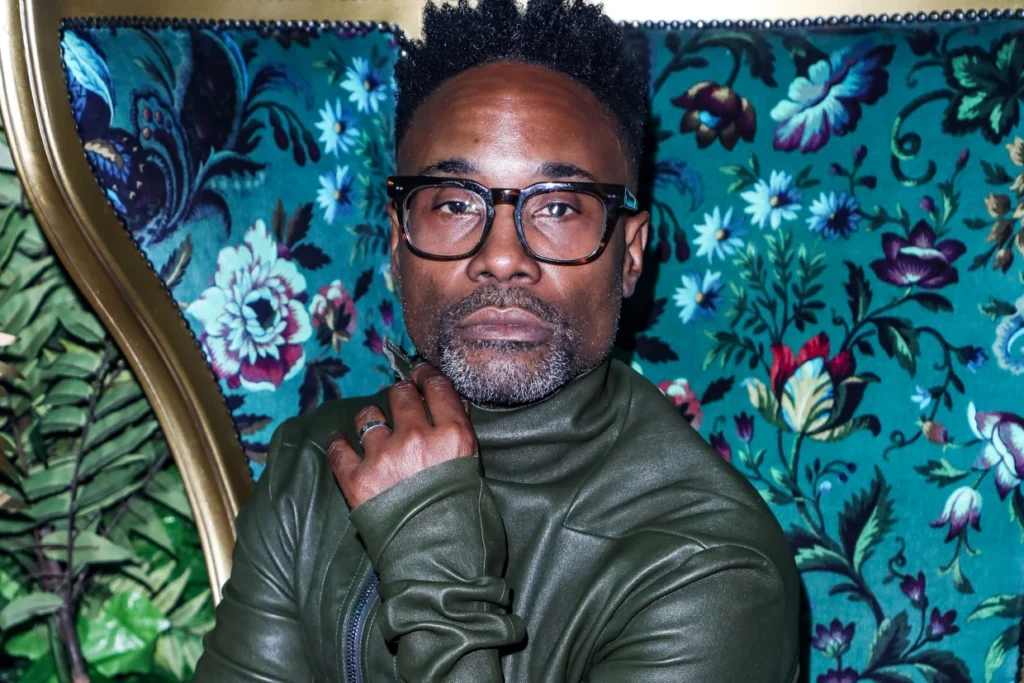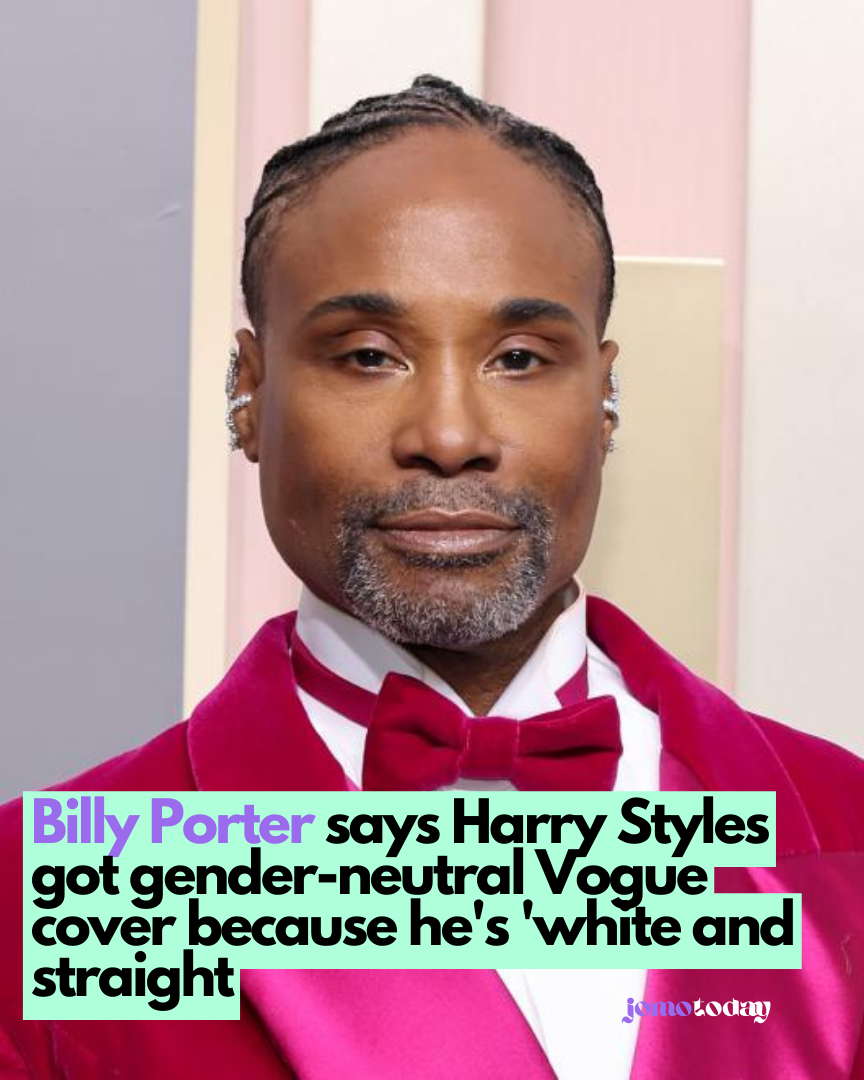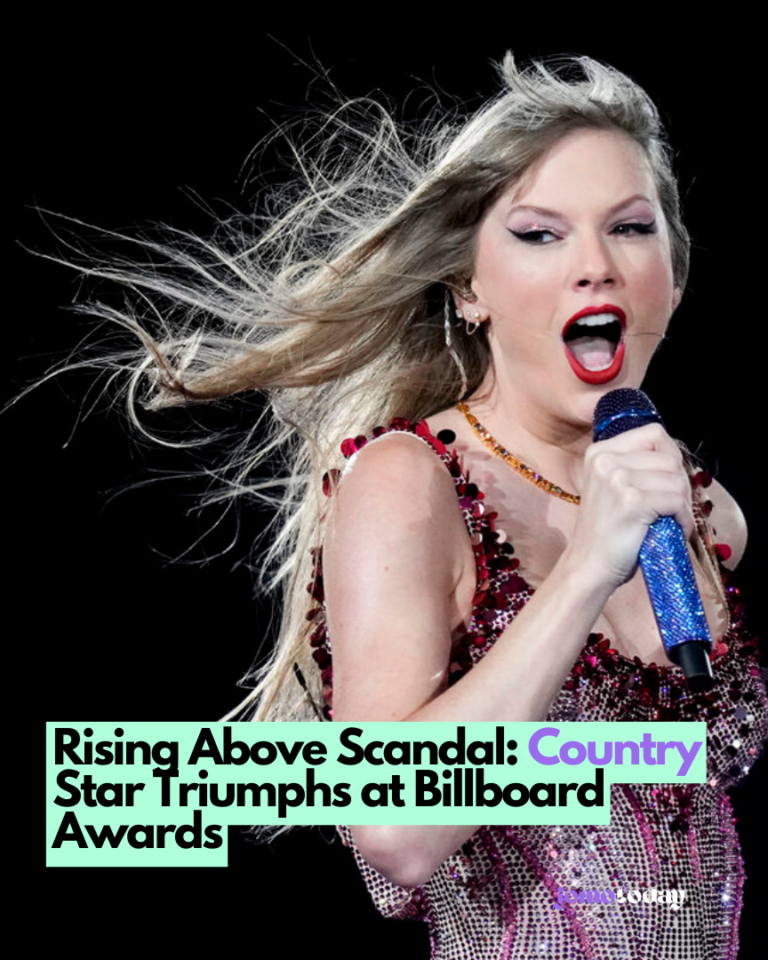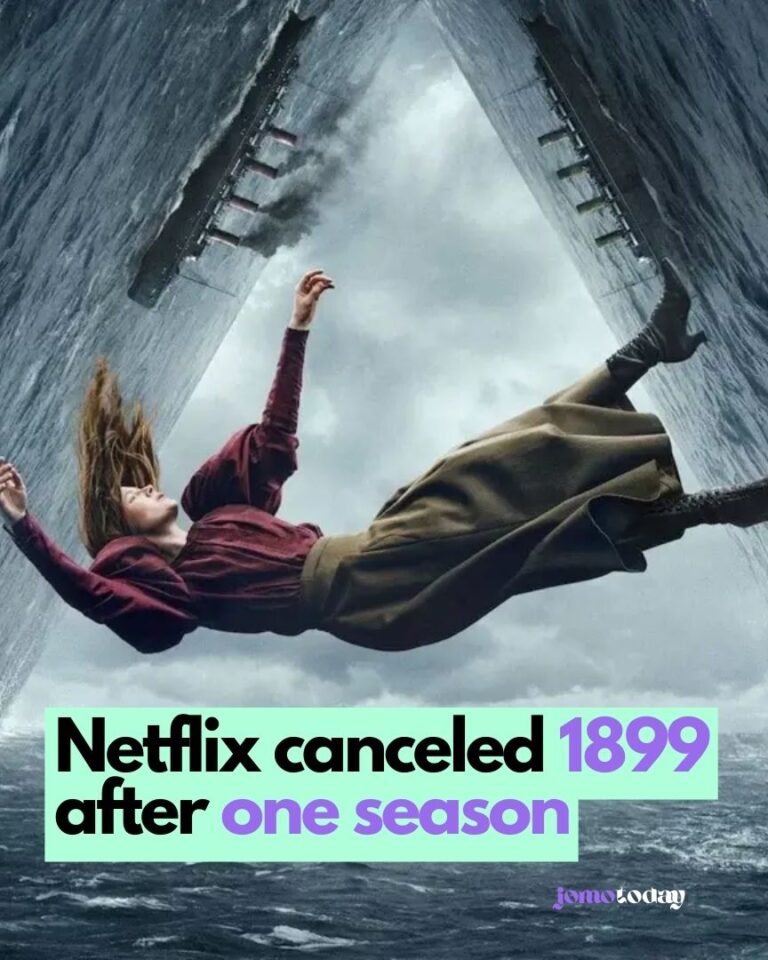
Billy Porter has openly expressed his displeasure regarding Harry Styles’ Vogue cover from 2020.
In an interview with The Telegraph, Porter articulated that he believes Styles was selected for the inaugural male cover due to his ethnicity and sexual orientation, stating, “It doesn’t feel good to me. You’re using my community — or your people are using my community — to elevate you. You haven’t had to sacrifice anything.”
Porter also shared that he had a conversation with Vogue’s editor-in-chief, Anna Wintour, before the cover was unveiled, during which she sought his input on the direction of the magazine. He mentioned that Wintour asked him how they could improve, to which he felt caught off guard and wasn’t able to provide the response he wished he had given.
It’s evident that Porter feels strongly about the representation and acknowledgment of marginalized communities in media, and he has used this opportunity to express his perspective on this matter.
Billy Porter revealed that he had advised Anna Wintour to utilize Vogue’s influence to amplify the voices of leaders in the movement towards de-gendering fashion. He expressed his dissatisfaction by pointing out the irony that, six months later, Harry Styles was featured as the first man on the cover.
Porter’s criticism of Styles’ Vogue cover is not personal towards the artist but stems from his broader concerns. He shared that he doesn’t fault Harry Styles personally, but rather, Styles became the representation for a significant conversation, which Porter believes requires more thoughtful consideration and representation.
For Porter, this issue goes beyond personal preferences; it’s a political matter that resonates deeply with his life experience. He emphasizes that his journey to be able to wear a dress to the Oscars without fear of backlash has been a lifelong struggle, while Styles seemingly can engage in this without comparable challenges due to his white and straight identity.
Read More: US Actors Strike: Why are Hollywood stars walking out and what does it mean for film and TV industry






2 Comments